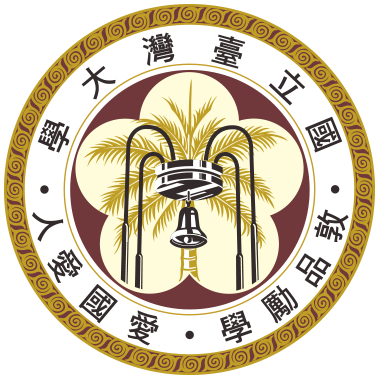Associate Professor Aristine Cheng, who was dispatched to the National Institutes of Health (NIH) in the United States by National Taiwan University Hospital for advanced studies, discovered a new factor during his training period. This factor can explain why some people have weaker immune function. Upon returning to Taiwan, Professor Cheng continued to collaborate with the research team at National Taiwan University Hospital and completed this research in cooperation with the United States. The research findings were published in the March issue of "The New England Journal of Medicine". This research found that if the body produces a specific type of autoantibody, it will suppress the body's natural defense mechanism against pathogens, thereby increasing the risk of rare and severe infections. This discovery is expected to help patients with such conditions receive early diagnosis and treatment.
This outstanding research shows that some patients develop autoantibodies against "interleukin-23" protein. Under normal circumstances, interleukin-23 assists immune cells in combating invading pathogens such as bacteria, fungi, and mycobacteria. However, once the body produces autoantibodies neutralizing this protein, the body loses its ability to defend against these pathogens.

The study also found that in a group of patients with thymoma and other rare infections, one-quarter of the patients had these autoantibodies. These patients often suffer from infections caused by fungi, mycobacteria, or other rare pathogens, leading to severe symptoms such as widespread infections and neurological infections.
In the past, the medical community has believed that some patients have weakened immune systems due to "constitution" or factors such as surgery and chemotherapy, leading to subsequent rare or severe infections. Now, through this research, it is discovered that one of the reasons for these constitutions may be related to this particular autoimmune disease. If this autoimmune phenomenon can be diagnosed early, appropriate treatment can be given in time to improve the prognosis of patients.
This discovery is helpful for the medical community to understand the complex reasons behind acquired immune deficiencies and to find another important piece of the puzzle. It is hoped that new treatment methods can be developed for these patients to improve the cure rate. Researchers will also further explore how to inhibit the production of these autoantibodies.
Full research paper: https://www.nejm.org/doi/full/10.1056/NEJMoa2210665
Source: https://www.ntu.edu.tw/spotlight/2024/2261_20240424.html


